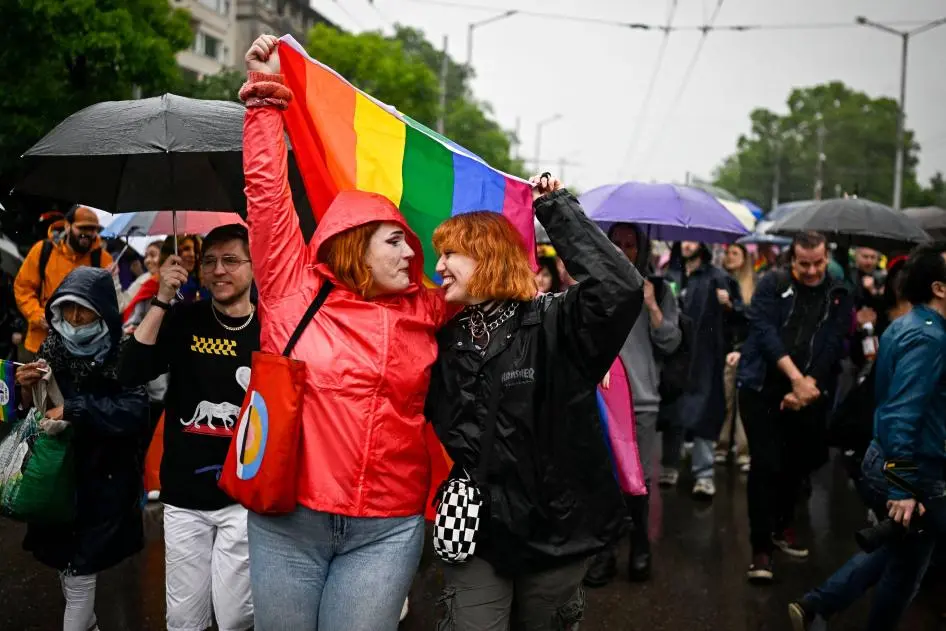Bulgaria’s parliament has ignited widespread condemnation with the passing of a law that bans “LGBTQ+ propaganda” in schools, a move that echoes similar legislation in Russia and Hungary. The law, introduced by the far-right, pro-Russian Revival party, was surprisingly supported by several pro-European Union factions, securing 159 votes in the 240-member parliament.
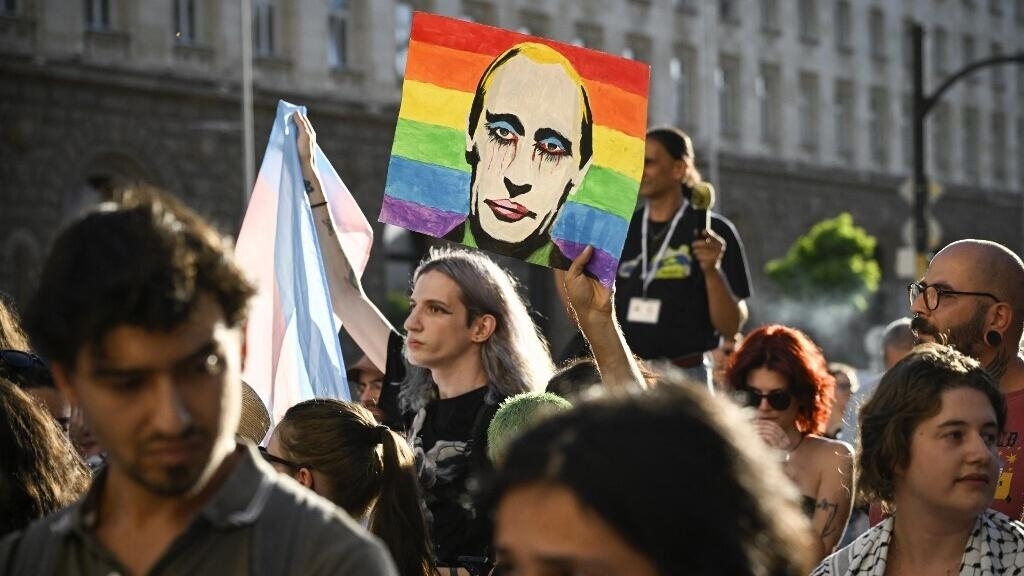
The legislation, which prohibits the promotion or discussion of “non-traditional sexual orientations” and gender identities that do not align with biological sex, has been labeled as a direct attack on the rights and visibility of the LGBTQ+ community. Critics argue that the vague language of the law leaves it open to broad interpretation, potentially leading to further marginalization of LGBTQ+ individuals in Bulgaria, particularly students.
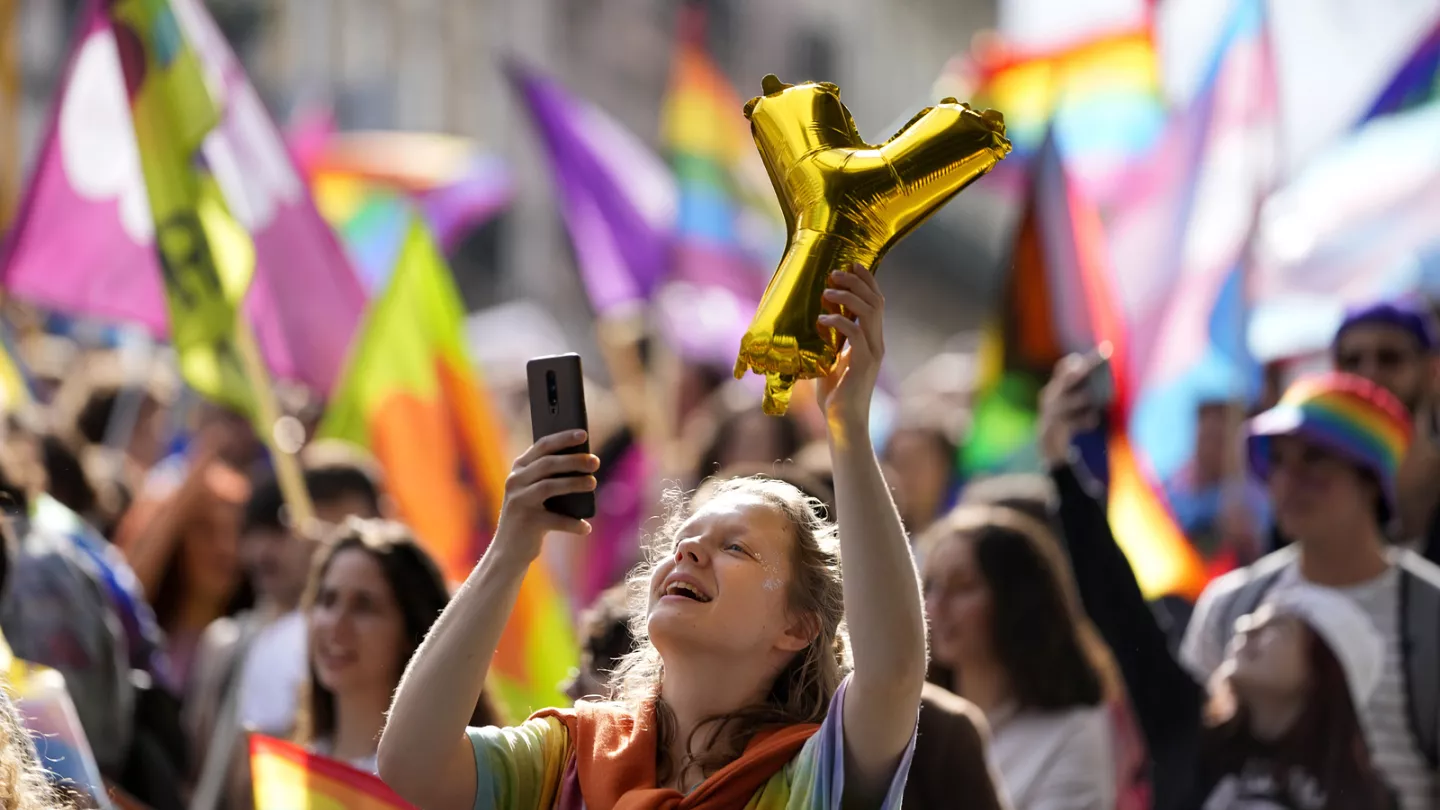
The reaction from rights groups has been swift and severe. Forbidden Colours, an EU-wide LGBTQ+ rights organization, condemned the law as a blatant assault on human rights, likening Bulgaria’s actions to the regressive policies seen in Russia. The European Commission, while aware of the law, has refrained from commenting directly but reiterated its commitment to fighting discrimination and supporting LGBTQ+ rights.
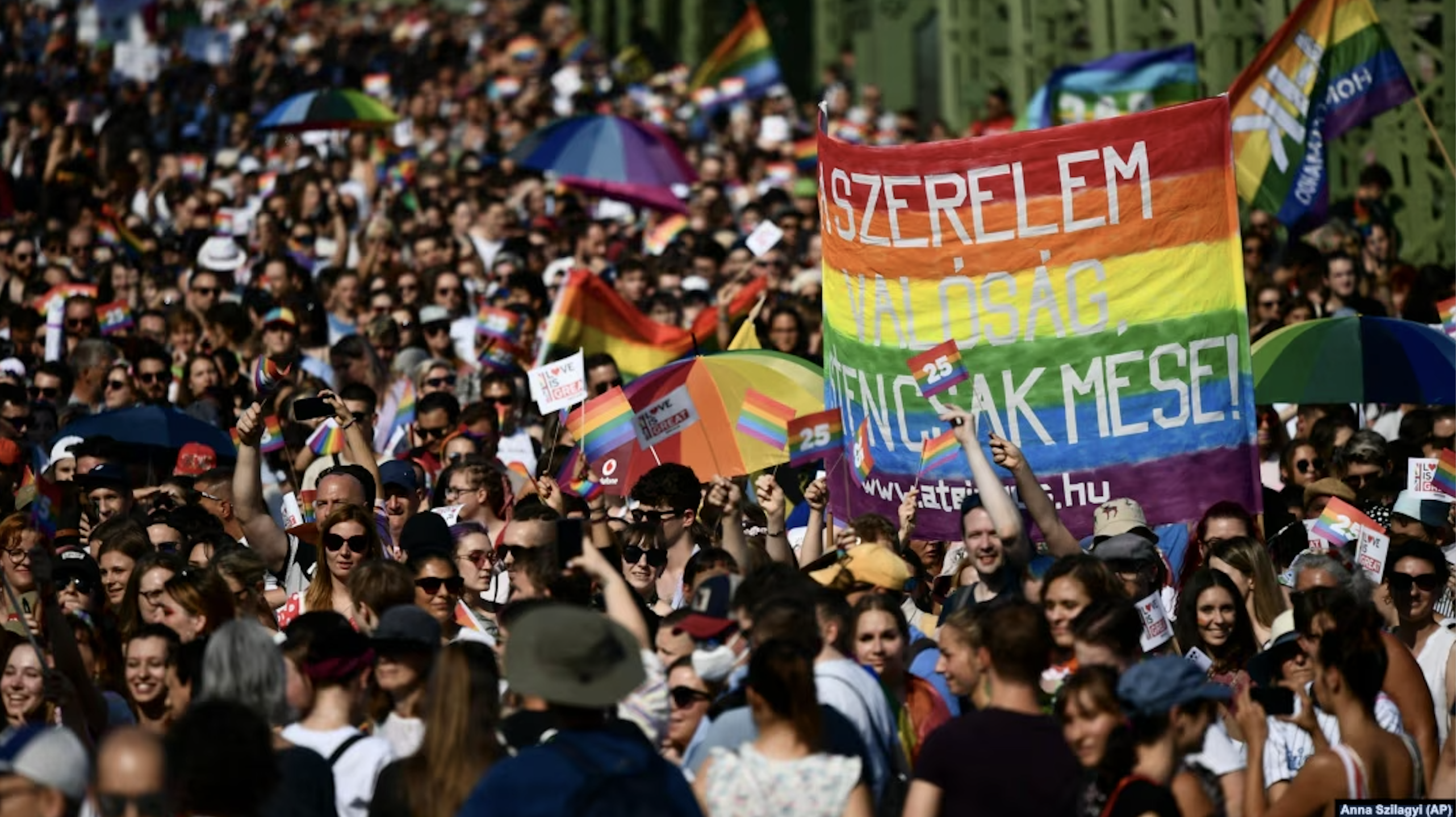
This legislative move comes at a time of political instability in Bulgaria, which has struggled to form a stable government since its 2021 elections. The timing and nature of the law have sparked protests in Sofia, with demonstrators expressing their outrage at what they see as a dangerous step backward for a country that remains one of the worst in the EU for LGBTQ+ rights.
The law not only raises concerns about the treatment of LGBTQ+ individuals in Bulgaria but also about the growing influence of far-right ideologies in the country’s political landscape. With echoes of hate speech during parliamentary debates and comparisons drawn to Russia’s anti-LGBTQ+ laws, this development marks a troubling turn in Bulgaria’s commitment to human rights and equality.
You may also like
-

Bad Bunny Makes Grammys History — and Turns the Stage Into a Political Movement
It was a night that rewrote the rules of pop culture — in Spanish. At
-

Bright Brussels Festival celebrates its 10th anniversary
Bright Brussels Festival is already celebrating its 10th edition, confirming its status as one of
-

Love Wins at FC Köln: Referee Proposes to His Partner on the Pitch
German referee Pascal Kaiser turned a regular football match in Cologne into a moment of
-

UP Festival: “BELLO!” – When Beauty Meets Acrobatic Irony
What is beauty—and who decides what qualifies? That’s the central question tackled by Fabbrica C, the
-
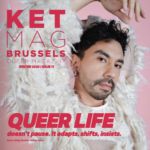
The New KET Is Out: Queer Brussels Keeps Moving
KET Magazine Issue 11 is out now and available in LGBTQIA+ safe spaces across Brussels,

